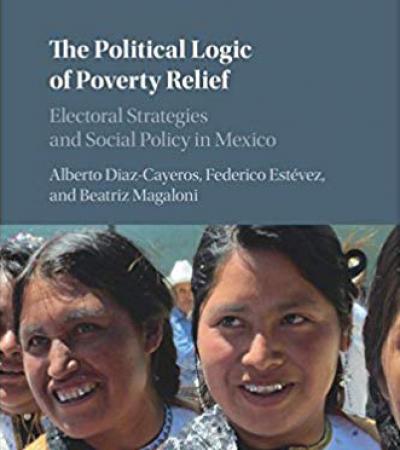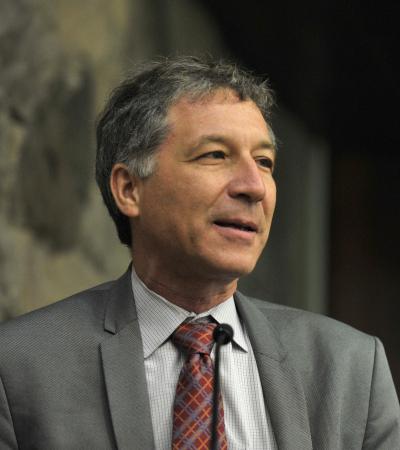The Political Economy of Poverty Relief: Reflections on the Future of Social Policy in Latin America

Poverty relief programs are shaped by politics. The particular design that social programs take is, to a large extent, determined by the existing institutional constraints and politicians' imperative to win elections. In this talk, Díaz-Cayeros will take his co-authored book The Political Logic of Poverty Relief: Electoral Strategies and Social Policy in Mexico, as the starting point to reflect on where social policy is heading in the future.
In the book, the authors place elections and institutional design at the core of poverty alleviation, developing a theory with applications to Mexico about how elections shape social programs aimed at aiding the poor. Would political parties possess incentives to target the poor with transfers aimed at poverty alleviation, or would they instead give these to their supporters? Would politicians rely on the distribution of particularistic benefits rather than public goods? The book assesses the welfare effects of social programs in Mexico and whether voters reward politicians for targeted property alleviation programs. It provides a new interpretation of the role of cash transfers and poverty relief assistance in the development of welfare state institutions.






